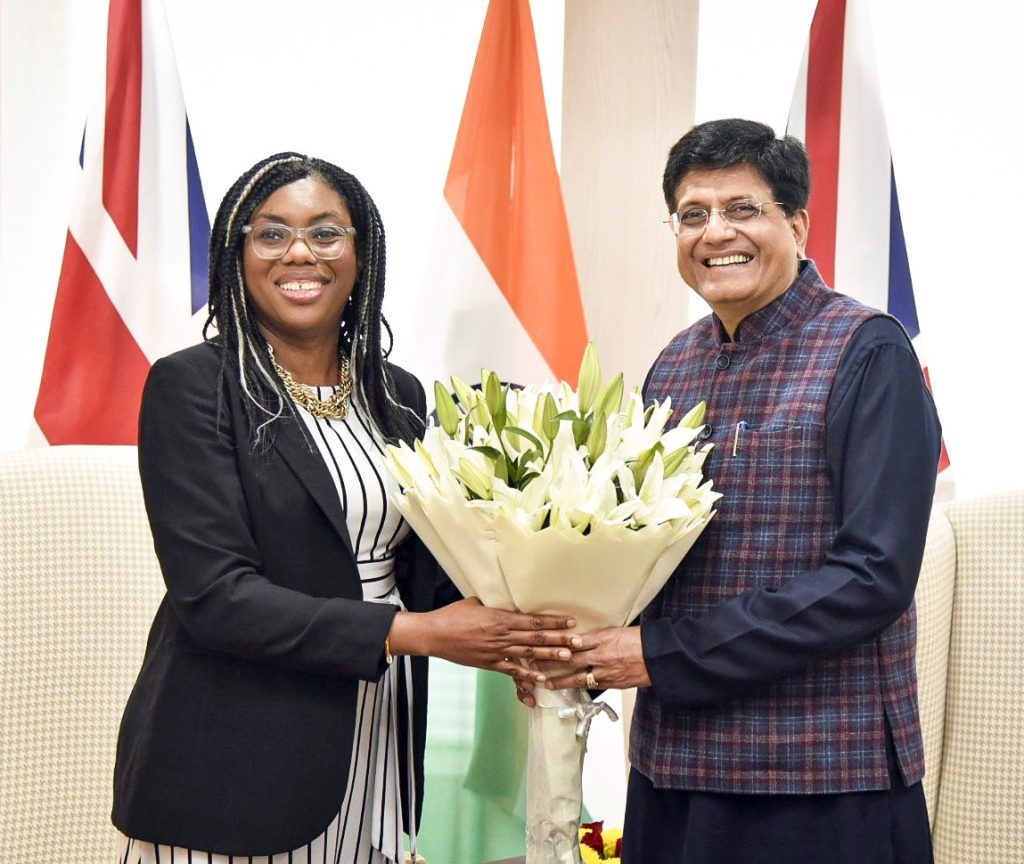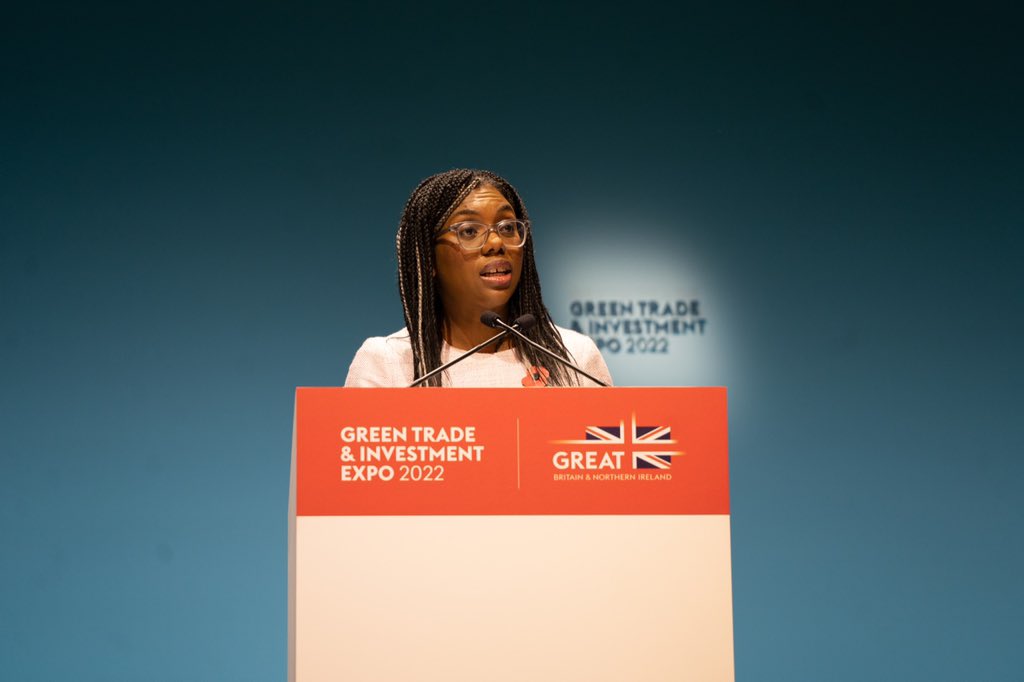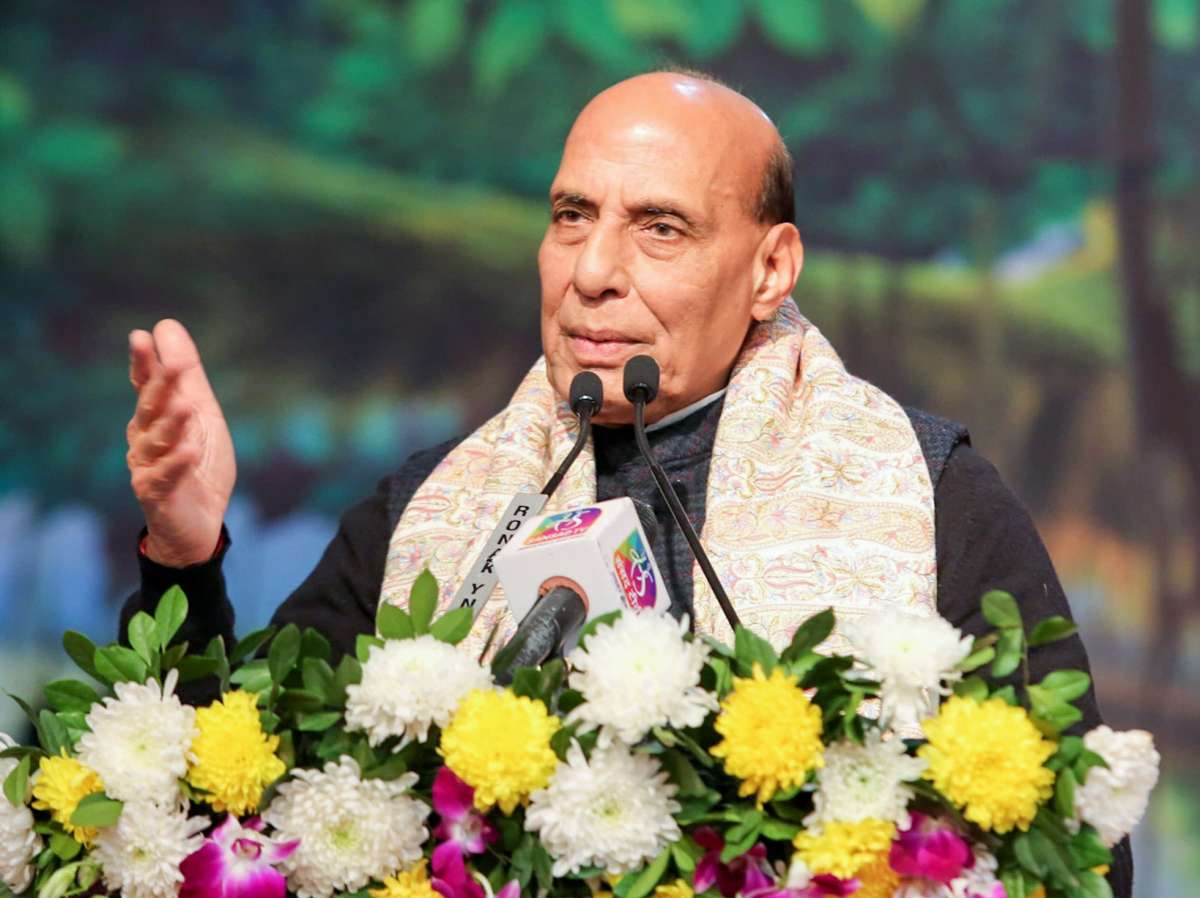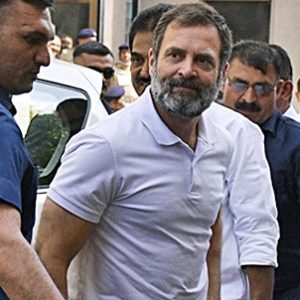According to the government, India-UK free trade agreement talks completed 13 rounds of negotiations that took place from 18 September to 15 December…reports Asian Lite News
The 14th and the final round of negotiations for a free trade agreement (FTA) between India and the UK will enter the last lap from Wednesday and are likely to take up remaining issues such as business mobility, Scotch whiskey, automobiles, farm products, pharmaceuticals, rules of origin, and a separate pact to boost bilateral investments.
According to the government, India-UK free trade agreement talks completed 13 rounds of negotiations that took place from 18 September to 15 December.
Negotiators of both the parties – India and UK – discussed complex issues, including goods, services, and investment, in person as well as virtually. The in-person dialogues were held in London and Delhi.

Further, the government has reiterated that the UK and India will continue to negotiate towards a comprehensive and ambitious FTA.
India and the UK are committed to developing a comprehensive and mutually beneficial trade relationship, as demonstrated by the ongoing discussions. India and the United Kingdom’s bilateral trade grew from $17.5 billion in 2021–2022 to $20.36 billion in 2022–2023.
The India-UK FTA has encountered multiple obstacles during the negotiation process, resulting in the ambitious agreement being delayed by more than a year from its original deadline.
India’s demand for visas for professionals under the proposed free trade agreement (FTA) with the UK is among several sticky issues currently being negotiated by both countries.
While India would like its companies to be able to hire people (both locally in the UK and from India) after setting up shop there, the UK is concerned with migration, an emotive issue in the country that led to Brexit in 2016.
Other issues being negotiated by both sides include duties on automobiles, alcohol (whiskey and gin), and electric vehicles (EV), on which India is yet to reach a conclusive position.
On EVs, currently, the government’s PLI (production-linked incentive) scheme provides incentives up to 18% of eligible sales of electric vehicles and their components. The government notified the Faster Adoption and Manufacturing of Electric Vehicles in India Phase II (FAME India Phase II) scheme with a budgetary outlay of Rs 10,000 crore for five years starting 1 April 2019 to promote hybrid/electric technology in transportation, reduce dependence on fossil fuels, and address issues of vehicular emissions.
Ending free movement of people and taking back control of its borders were key factors leading to Brexit in 2016. While it still is a key issue, the UK government has also had some setbacks.
ALSO READ-India, Eurasian Economic Union FTA talks to resume in Jan












